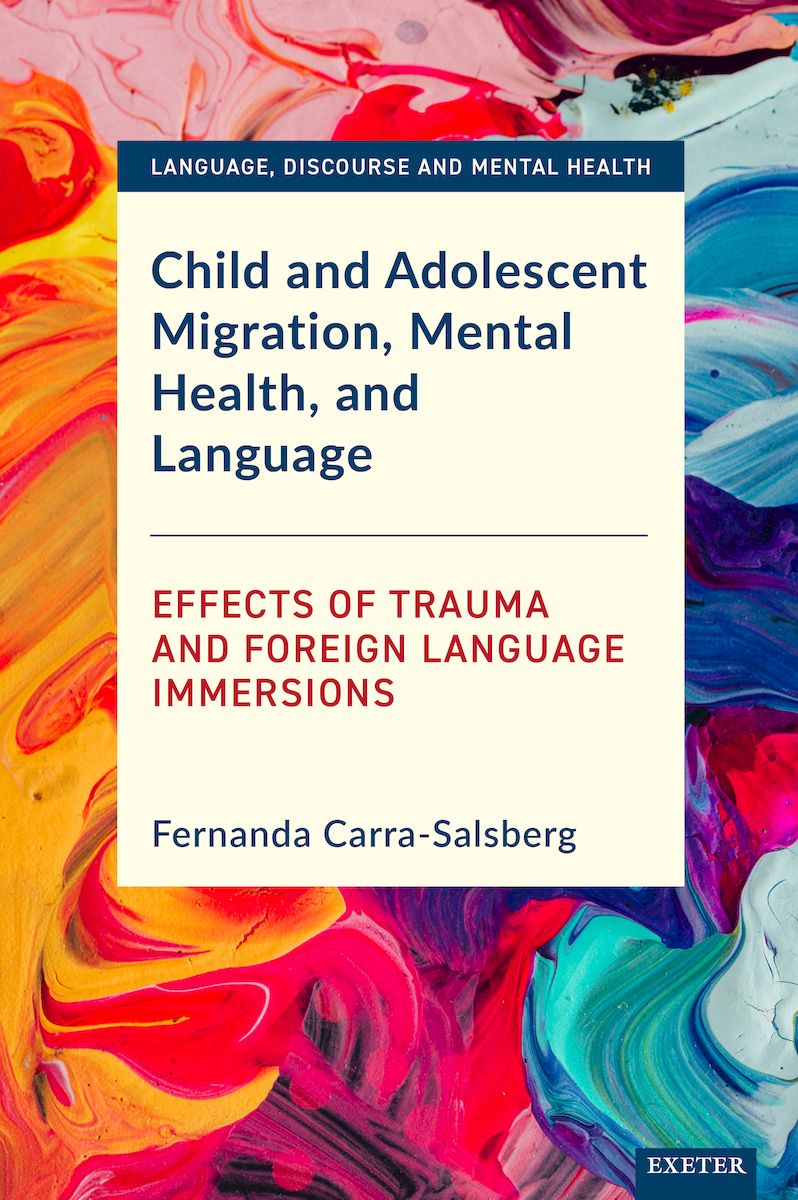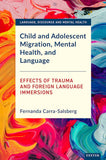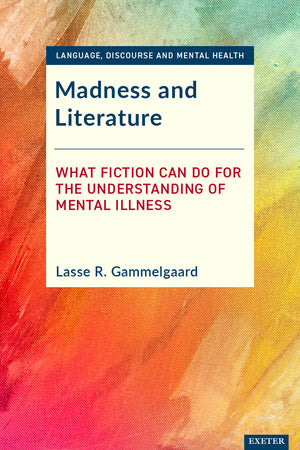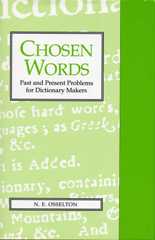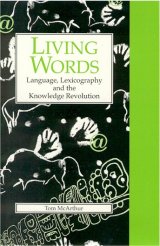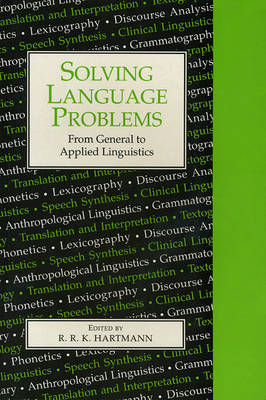University of Exeter Press
Child and Adolescent Migration, Mental Health, and Language
Effects of Trauma and Foreign Language Immersions
Couldn't load pickup availability
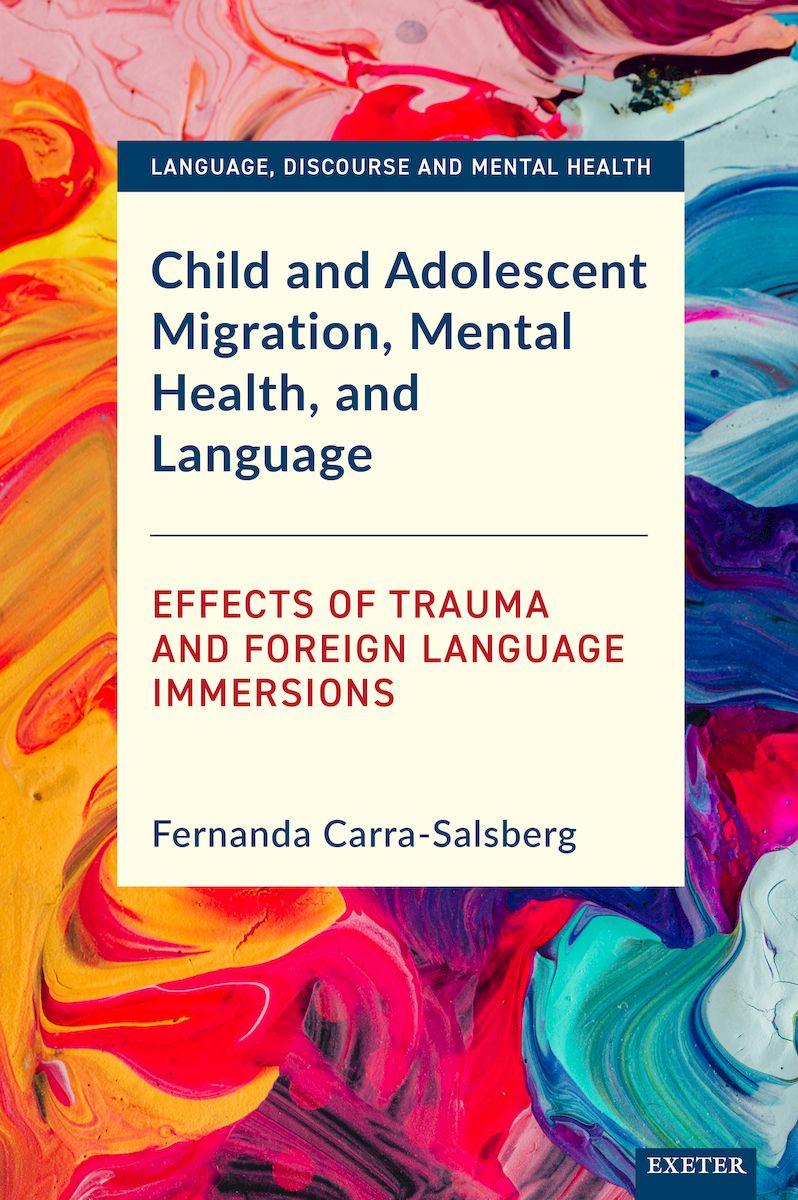
- 162 Pages
Child and Adolescent Migration, Mental Health, and Language, focuses on migration and the socio-affective significance of language. It examines how this influences children’s and adolescents’ development, subjectivity, identifications, and identity formations. By taking a thorough approach to the intricacy of migrancy, this timely publication examines the many challenges that young economic migrants, environmental migrants, refugees, irregular migrants, and asylum seekers encounter prior to and following their geographic, sociocultural, and linguistic relocations. While not disregarding the benefits that can stem from international relocations, Carra-Salsberg also addresses contemporary concerns influencing young migrants’ socio-affective experiences.
As part of the book’s discussion on the subjective significance of language, it takes a semiotic, pedagogic, and psychoanalytic approach to study the effects of foreign-language immersions and significant language learning, and how these can add to pre-existing traumas. The developmental importance of language is considered through theory, the analysis of memoirs, and the author’s depiction and understanding of her own experiences between languages. Written for academics, psychologists, psychiatrists, pedagogues, counsellors, human rights advocates, and policy-makers, this book highlights the intricate connections between language, migration, and mental health. The restorative significance of language is also reflected upon in relation to migrants’ natural need to grieve, testify, and find meaning within their past and present sense of self.
This book is a very valuable addition to the sociological/mental health field, dealing with children and adolescents caught up in the continually escalating phenomenon of forced and un-forced migration. The book is well written, clear and well formatted, using multiple sources as references, including authorities such as Hanna Arendt, Claire Kramsch, Mikhail Bakhtin, Jacques Derrida, and others. I would say that it's a must read for anyone working in this field.
Dr. Kaspars Tuters, Assistant Professor of Psychiatry, University of Toronto
In this excellent, wide ranging book, Fernanda Carra-Salsberg addresses the very timely reality of child and adolescent migration and its relation to trauma, development, language, and mental health. Carra-Salsberg skillfully weaves together the many strands of these topics into a rich tapestry consisting of first hand accounts, detailed descriptions of political, legal and social realities in a number of countries, and in-depth discussions of psychoanalytic and other theories of language, trauma, and development. The author’s voice shines through engagingly in this clearly and elegantly written book, which will be of interest to as wide a range of experts as its many topics suggest, as well as to the general public, who have been very much concerned, and moved, by the plight of child and adolescent migrants.
Dr. Joseph Fernando, Director, Canadian Institute of Psychoanalysis
Fernanda Carra-Salsburg’s compelling study calls for new thinking within the emotional situations of migration through focus on what adolescents and children carry and create from memories of displacement that only later become the stuff of memoirs of hope, creativity, and moral life. With grace and attention to philosophies of language and theories of development, and through presenting the intimacies voiced from psycho-social histories of migration and their embodied vulnerabilities, Carra-Salsburg provides literary approaches to mental health that both enliven theories of translation and invite practitioners to get to know the rough edges of experience with the tenders of humanity needed for care, growth, and the promise of learning.
Deborah P. Britzman, Distinguished Research Professor Emeritus, and author of When History Returns: Psychoanalytic Quests for Humane Learning, Albany: State University of New York Press
Introduction—Transnational Migrations: Addressing New Concerns for an Old Practice
1. Dialogic Encounters: Conceptualizing Effects on Belief Systems, Subjectivities, and Individuals’ Personal and Shared Histories
2. Migration and Trauma: Defining the Problem of Child and Adolescent Transnational Relocations
3. Memory within Language: Our Mother Tongue’s Link to Subjective Development and our Remembered and Seemingly Forgotten Sense of Being, Loving, and Belonging
4. Trauma’s Dimension within and outside Language
5. Bearing Witness to Translingual Realities: A Study of the Significance of First-Person, Cross-Cultural Publications
6. How to Conclude from Here?
Notes
References
Index
- 162 Pages







